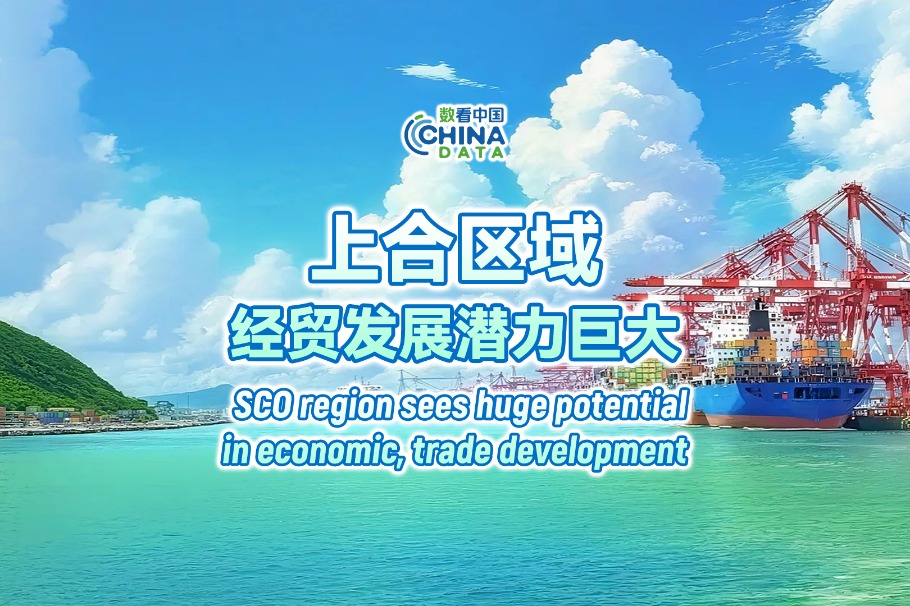KPMG 'committed to leading way in sustainable business practices'


Market consultancy KPMG China is embracing new technologies, innovation and artificial intelligence to help address social and environmental issues, according to Angus Choi, partner and ESG Data & Technology lead at the company.
"We recognize that technological innovation is driving the transition of China's growth engine," Choi said.
"New industries, new business models and new growth drivers are also emerging, accelerating the development of new quality productive forces."
Choi said rapid advancements in AI and digital transformation are redefining industries at an unprecedented pace, and enterprises must embrace these technologies to engage in strategic upgrading, become more resilient and thrive.
"We could leverage the transformative power of AI, which enables us to track and analyze both historical and real-time carbon emissions data with unprecedented precision and efficiency," he added.
The application of AI not only helps the company address its sustainability goals but also enhances operational efficiency and its competitive edge. By embracing technology and innovation, KPMG is committed to leading the way in sustainable business practices, ensuring a greener and more prosperous future for all, Choi noted.
"In parallel, while we embrace the potential of new technologies and innovation, we need to remain cautious and critical regarding both the opportunities and risks they present," he said.
For instance, the company has promoted the Trusted AI framework with the aim of using AI solutions in a safe, responsible and ethical manner.
KPMG China released its "Our Impact Plan" report in Shenzhen on Saturday. As part of its journey to net-zero, KPMG has established a validated near-term Science-Based Target (SBT), aiming to reduce its emissions by 50 percent by 2030 across all scopes compared to its 2019 fiscal year baseline.
"This ambitious goal serves as a cornerstone for our decarbonization efforts, guiding us toward a sustainable future," Choi said.
"Digital technologies are really game-changers for Chinese enterprises pursuing green transformation under the dual carbon framework. From what we've seen in our practice, the intersection of digitalization and sustainability creates tremendous opportunities."
Taking AI-powered carbon management as an example, Choi said enterprises can now deploy sophisticated algorithms to optimize energy consumption patterns, predict when equipment needs maintenance, and significantly enhance operational efficiency. AI-driven systems can typically reduce energy consumption by 15 to 30 percent, which is quite substantial, he added.
When asked about China's advantages and potential in developing the circular economy, he said "China is extraordinarily well-positioned to become a global leader in circular economy development", given its sheer scale and integration of manufacturing ecosystem, government policy support and improved digital infrastructure.
"I think China's circular economy development will accelerate significantly through 2030, supported by strong policy frameworks, advanced technological capabilities, and growing market demand for sustainable solutions. It's really an exciting space to watch," he said.




































